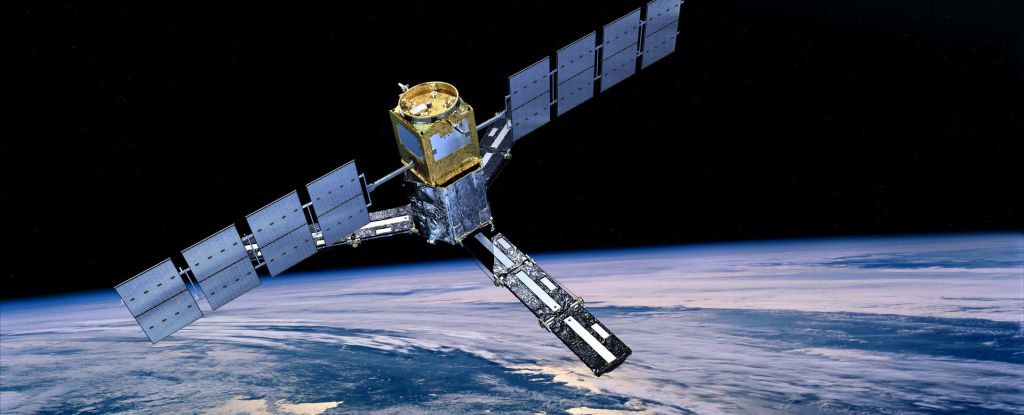
The half-tonne Soviet vehicle malfunctioned after its launch in 1972 and never made it out of Earth's orbit for the next 53 years.

The continued release of greenhouse gases into Earth's atmosphere could increase the longevity of space junk in low Earth orbit, a new paper reveals.

The space debris problem won't solve itself. We've been kicking the can down the road for years as we continue launching more rockets and payloads into space.

Falling pieces of space debris could be altering the stratosphere and negatively impacting our climate, new research suggests.

US authorities have issued the first-ever fine for space debris to a TV company that failed to properly dispose of a satellite. The company was fined €142,440 for "failing to properly deorbit" a satellite named EchoStar-7.

Late last year, a communications satellite BlueWalker 3 became one of the brightest objects in the night sky, outshined only by the Moon, Venus, Jupiter and seven stars, according to new research.

NASA has awarded a contract to TransAstra to clean up space junk. One category of debris they will target is CubeSats, small satellites the size of a Rubik’s Cube. The recycling centers would allow the collected debris to be recycled.

A piece of space debris has hit and damaged part of the International Space Station - namely, the Canadarm2 robotic arm. It's a reminder that the low-Earth orbit's space junk problem is a ticking time bomb.

The company, called Astroscale, has designed a spacecraft with a magnetic plate that can attach to dead satellites. That enables it to pull the satellites into a freefall.

There are at least 34,000 pieces of large debris in Low Earth Orbit. Now spanish scientists has come up with a simple but elegant idea: equip future satellites with a tether system so they can de-orbit themselves at the end of their lives.

A spacecraft has successfully fired a harpoon into a target orbiting Earth in an operation that could help clean-up the tonnes of space junk threatening telecommunications satellites.

In 60 years of space exploration, we've placed almost 7,000 satellites in orbit. Less than a third still function. The rest is dangerous junk - and their number is growing. Here's how we might mitigate the threat.

The Falcon Telescope Network is spreading across the globe. The telescopes will be able to identify any space debris in orbit around Earth that is larger than 10cm by picking up any sunlight that the space trash reflects.
A Monday SpaceX launch also carried an unconventional cargo: an experimental system known as RemoveDEBRIS, which scientists hope will help clean up Earth’s space junk-littered upper atmosphere.

At least 500,000 pieces of space debris threaten satellites and astronauts, but an US -based company says it has a new approach for taking out the garbage.